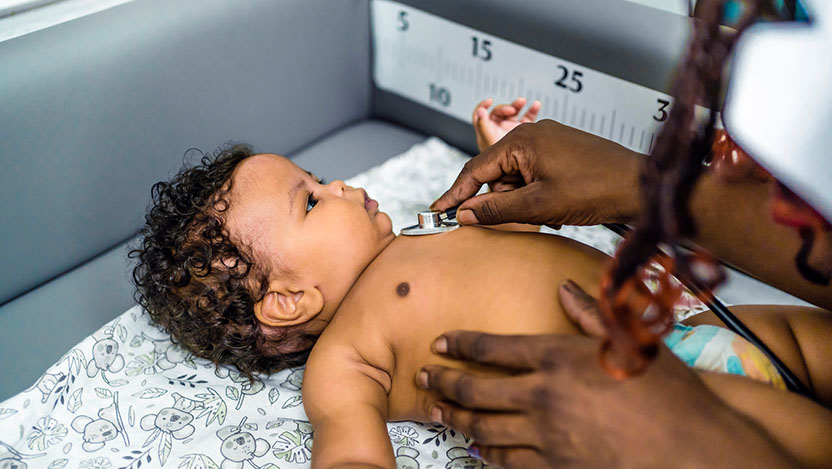Inguinal Hernia Surgery
Meet Our Pediatric General Surgery Team
Under the expert clinical leadership of Grace Mak, MD, our team provides the highest level of pediatric surgical care for children of all ages.
Request a Pediatric Surgery Appointment
We are currently experiencing a high volume of inquiries, leading to delayed response times. For faster assistance, please call 773-702-6169 to schedule your appointment.
If you have symptoms of an urgent nature, please call your doctor or go to the emergency room immediately.
For Referring Physicians
To refer or transfer a patient, call 877-UC-KID-MD (877-825-4363).
By submitting this form you acknowledge the risk of sending this information by email and agree not to hold the University of Chicago or University of Chicago Medical Center liable for any damages you may incur as a result of the transfer or use of this information. The use or transmittal of this form does not create a physician-contact relationship. More information regarding the confidentiality of this request can be found in our Privacy Policy.
* Indicates required field







